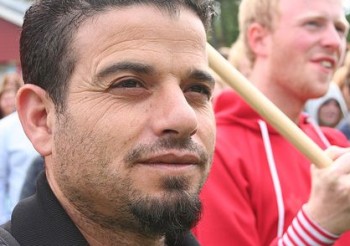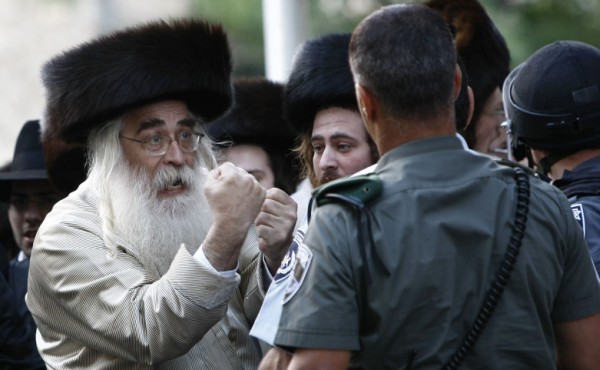The trial of George W. Bush, Tony Blair, and the gang that got us into the Iraq War has now begun, after a fashion. It’s not taking place in the United States. And it doesn’t call itself a trial at all. There won’t be any convictions, nor even any conclusions likely until 2011. We won’t see ex-president Bush, or Dick Cheney, Donald Rumsfeld, or George Tenet in the dock. But Great Britain’s long-awaited Iraq Inquiry is about as close as we’ll get to an exhaustive investigation of the people and decisions that took the Americans, the British, and their motley Coalition of the Willing into dubious battle against Baghdad in 2003.
At its worst, the inquiry headed up by the mild-mannered former civil servant Sir John Chilcot will be a whitewash. At its best, it will be an exercise in truth and reconciliation. But any way you cut it, this exhaustively Webcast chronicle of misconceptions, misjudgments, malfeasance, and possible conspiracy will be a trial before the jury of public opinion. And if you have the patience to watch the hours of testimony, or read the voluminous pages of transcripts on the official site, the first two days of hearings already tell you a lot.
First up before the tribunal were three mandarins of the British civil service who have served in defense, diplomacy, and intelligence. When the highly ideological Bush administration came to power in 2001, they said, they knew that the Republicans had run on a platform supporting regime change in Iraq. The Bush “campaign manifesto” on national security, written by Condoleezza Rice, made that clear, according to Sir Peter Ricketts, who was chairman of Britain’s Joint Intelligence Council at the time. (Indeed, under pressure from Congress, the Clinton administration had made regime change official policy, too.) [continued…]
Editor’s Comment — Testimony by Sir Christopher Meyer, Britain’s former ambassador to the US, can be viewed here.
In Iraq, 2 attacks raise fears of sectarianism
During the darkest days of the sectarian bloodletting that swept Iraq several years ago, few terrors equaled the rise of the death squads — men in the guise of the Iraqi security forces who killed with impunity.
The death squad killings not only inflamed sectarian fighting but also undermined the public’s confidence in its own security forces. Since then, tens of thousands of members of the security forces have been purged, and the Iraqi Army and police have struggled to regain public confidence as the American military presence recedes.
But in the past two weeks, there have been two attacks by men wearing Iraqi Army uniforms that have revived the specter of the death squads, stirring concern at the highest levels of the Iraqi and American commands. [continued…]


 ohammad Othman, the BDS campaigner who was detained by Israel upon returning from a speaking tour in Norway, was given three months administrative detention yesterday in an Israeli military court. Othman had been held 63 days without charge before the court agreed to the prosecution’s request for administrative dentention. Othman has been under nearly constant interrogation during this time. [
ohammad Othman, the BDS campaigner who was detained by Israel upon returning from a speaking tour in Norway, was given three months administrative detention yesterday in an Israeli military court. Othman had been held 63 days without charge before the court agreed to the prosecution’s request for administrative dentention. Othman has been under nearly constant interrogation during this time. [

 plan by right-wing legislators in Israel to commemorate the anniversary this month of the death of Meir Kahane, whose banned anti-Arab movement is classified as a terrorist organisation, risks further damaging the prospects for talks between Israel and the Palestinians, US officials have warned.
plan by right-wing legislators in Israel to commemorate the anniversary this month of the death of Meir Kahane, whose banned anti-Arab movement is classified as a terrorist organisation, risks further damaging the prospects for talks between Israel and the Palestinians, US officials have warned.